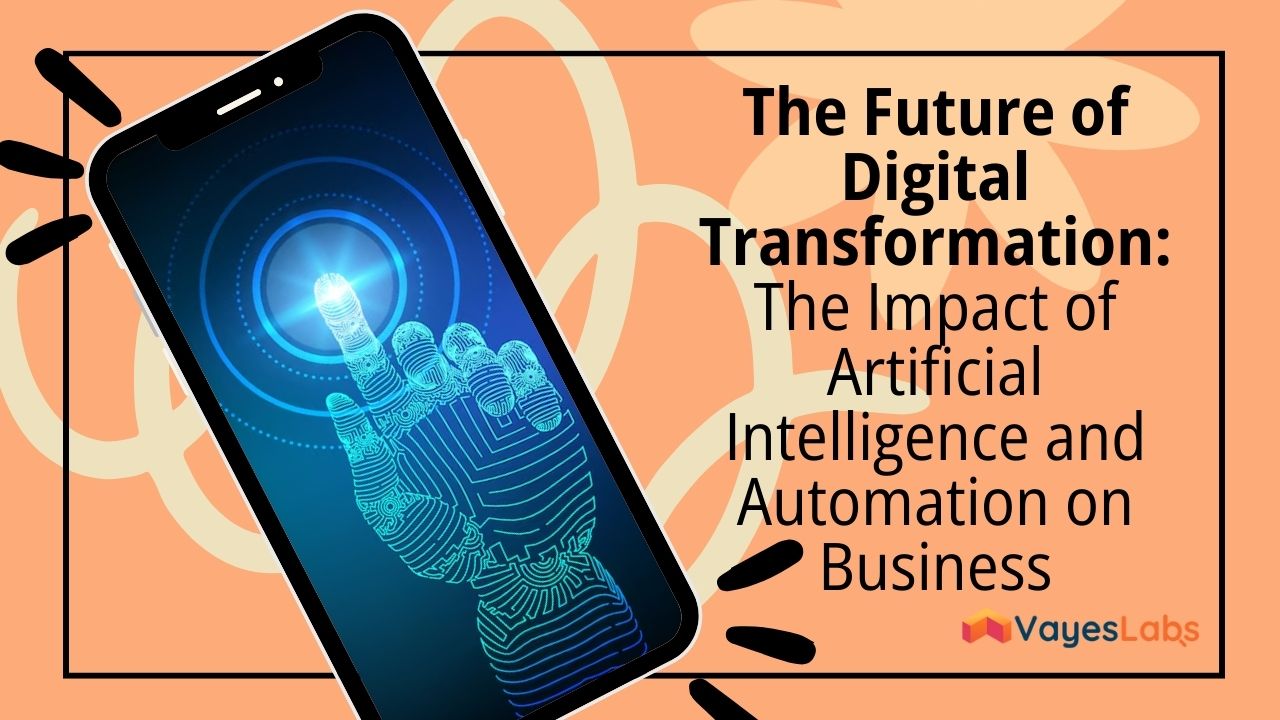Rising Stars of Digital Transformation
Digital transformation has gained significant importance in today’s business world. The rapid development of artificial intelligence (AI) and automation technologies is fundamentally reshaping business processes. This transformation affects not only technology but also corporate culture, workforce structures, and operational workflows. As businesses quickly adapt to digitalization, AI and automation enable them to become more efficient, flexible, and innovative. These technologies are redefining how businesses operate while opening doors to a broader universe of opportunities. The future of digital transformation lies in the convergence of AI and automation. This combination reshapes business operations and unlocks a vast array of possibilities. Understanding the role these technologies play in digital transformation is of critical importance for businesses to succeed in this new landscape.
Core Impacts of Artificial Intelligence and Automation
Artificial intelligence is a technological field that enables computers to mimic human-like thinking processes. It encompasses areas such as deep learning, natural language processing, and machine learning. Automation, on the other hand, allows repetitive and time-consuming tasks to be performed by machines or software, freeing the workforce from such duties. Together, these technologies accelerate business processes while enabling employees to focus on more creative and strategic tasks. Integrating AI and automation to boost operational efficiency helps businesses reduce costs, save time, and enhance customer experiences. With AI, companies can make more accurate predictions, while automation ensures processes are executed flawlessly and swiftly. These technologies also minimize human error, improving quality and customer satisfaction. These core impacts are among the primary benefits digital transformation offers businesses.
Impacts of Artificial Intelligence Technologies on Businesses
Artificial intelligence technologies have become powerful tools offering significant benefits to businesses. Machine learning and deep learning algorithms analyze large datasets, enabling better decision-making. For instance, analyzing customer behavior to create personalized marketing strategies becomes feasible. AI also plays a key role in customer service. Chatbots and virtual assistants provide instant support, strengthening customer relationships. Additionally, AI optimizes processes like production and supply chain management. It identifies potential bottlenecks in advance, enhances process efficiency, and ensures more accurate inventory management. This reduces operational costs while boosting productivity. With AI, businesses can quickly and accurately identify customer needs and offer faster solutions, a crucial factor in gaining a competitive edge. The impact of AI technologies on businesses goes beyond faster and more accurate decisions—it also enables a more innovative and customer-centric approach.
The Role of Automation in Workforce and Productivity
Automation doesn’t just reduce human labor—it also allows employees to focus on more valuable tasks. Routine and time-consuming jobs can be completed faster and more accurately through automation. This redirects employees to strategic and creative tasks, enhancing their productivity. One of automation’s greatest advantages is minimizing errors and shortening processing times, enabling faster decision-making. Automation can also facilitate rapid global growth for businesses. Managing high-volume data and large-scale operations becomes easier with automation, offering a significant opportunity to use workforce resources efficiently and gain a competitive advantage in global markets. While human effort produces more creative output in valuable areas, other tasks become fully automated. This boosts business productivity while making the workforce more valuable.
Technologies Driving Competitive Advantage and Innovation
Artificial intelligence and automation do more than optimize processes—they provide businesses with a competitive advantage. These technologies enable rapid adaptation to industry changes and the development of innovative products and services. For example, AI-supported product design and prototyping help businesses innovate more quickly and effectively. Automation allows high-quality products to be produced at lower costs. For businesses aiming to gain a competitive edge, investing in these technologies not only reduces costs but also enhances brand value. Developing customer-centric approaches and executing marketing strategies more effectively become possible with the advantages of AI and automation. This strengthens businesses’ positions in their industries and increases market share. To foster innovation and sustainability, AI and automation will remain key competitive elements for companies. These technologies also help businesses adapt to rapidly changing market conditions.
The Future Role of Artificial Intelligence and Automation
In the future, the impact of AI and automation on businesses will deepen further. These technologies won’t just improve processes—they’ll also help businesses achieve sustainability goals. AI will analyze environmental data to offer opportunities for greener production processes, while automation will ensure resources are used more efficiently. AI and automation will provide the flexibility and rapid adaptation businesses need to stay competitive in global markets. At this stage of digital transformation, it’s clear that businesses must prioritize AI and automation strategically. These technologies not only accelerate operational processes but also enhance future growth and innovation potential. Developing the right strategies to implement this transformation will ensure businesses maximize the benefits of these technologies. The future role of AI and automation will grow even more significant as these technologies evolve rapidly, and business success will depend on how much companies invest in them.
The Strategic Importance of Artificial Intelligence and Automation for Businesses
Artificial intelligence and automation play a vital role in helping businesses achieve their strategic goals. These technologies shape not only daily operations but also long-term strategic plans. AI equips businesses with the ability to make data-driven decisions, while automation accelerates processes to boost efficiency. From a strategic perspective, these technologies are critical for maintaining market competitiveness and ensuring sustainable growth. When investing in these technologies, businesses should aim beyond just cutting costs and increasing efficiency—they should also focus on developing innovative solutions and exceeding customer expectations. AI and automation enable businesses to be more agile and flexible at both operational and strategic levels. These technologies don’t just speed up daily tasks in the business world—they also create future-oriented opportunities. Thus, the strategic importance of AI and automation will only increase in the years ahead.



